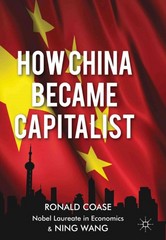Question
Shell Is the Greenest Big Oil Company. Look What That Got It. By James Mackintosh | October 31, 2021 Topics: Corporate Social Responsibility, ESG Summary:
Shell Is the Greenest Big Oil Company. Look What That Got It. - WSJ.pdf | 0 |
Shell Is the Greenest Big Oil Company. Look What That Got It. - WSJ.pdf
Step by Step Solution
There are 3 Steps involved in it
Step: 1

Get Instant Access to Expert-Tailored Solutions
See step-by-step solutions with expert insights and AI powered tools for academic success
Step: 2

Step: 3

Ace Your Homework with AI
Get the answers you need in no time with our AI-driven, step-by-step assistance
Get Started


